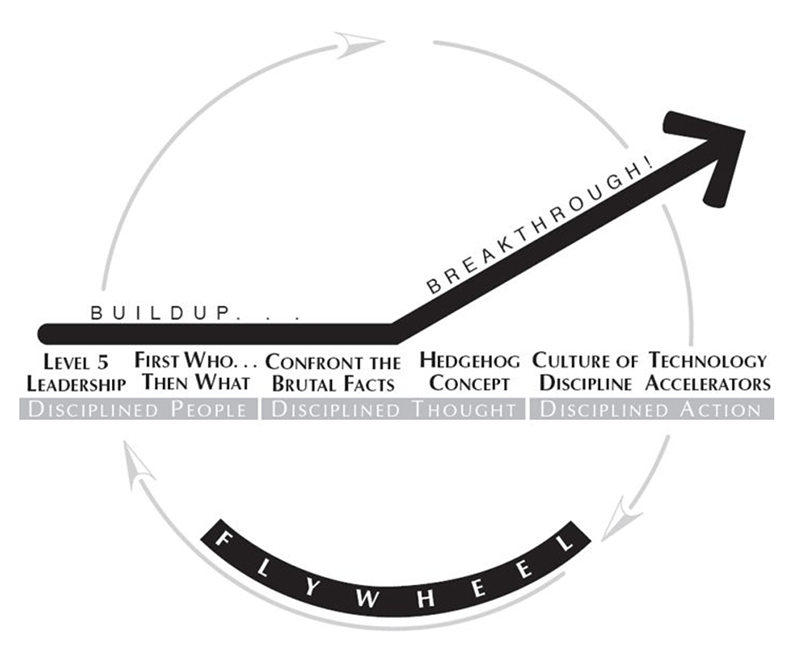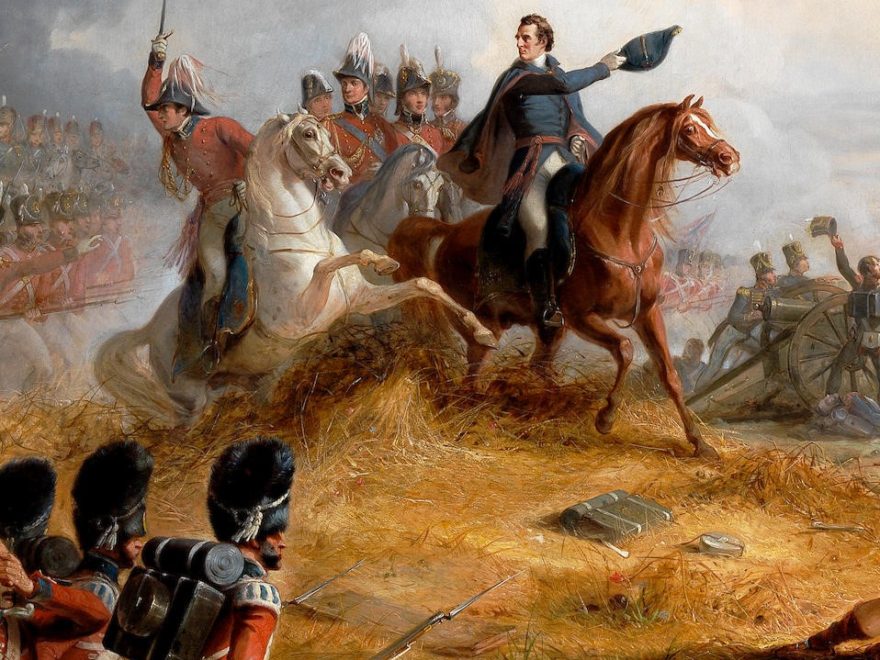Category: Educational Leadership
-

Practicing Peacefulness: Beginning the School Year in the Right Frame of Mind
With the start of school just around the corner, teachers are gearing up for another year. As usual, summer break has gone by too fast. And yet, at the same time, the attraction of new beginnings lures them back to the classroom. There is something about a fresh start that energizes, awakens, and inspires. How…
-

Funding the Mission: Values for Fundraising in Christian, Classical Schools
At Educational Renaissance, we seek to promote a rebirth of ancient wisdom for the modern era. We believe that education is so much more than getting good grades, receiving admission to prestigious universities, and fulfilling state requirements. To be sure, evaluation is productive, higher education is valuable, and scripture grants government an important role in…
-

Growth in the Craft: Fresh Techniques for Your Teaching Tool Belt
The sole true end of education is to teach men how to learn for themselves; and whatever instruction fails to do this is effort spent in vain. Dorothy Sayers, “The Lost Tools of Learning” As educators, we get excited when classrooms come alive: Hands shoot up. Eyes brighten. And body language across the room broadcasts that…
-

Good to Great: Helping Schools Find Their Hedgehog Concept
In a world of seemingly endless opportunities for educational innovation, it can be difficult for school leaders to know where to focus. Should they prioritize the building of a successful sports program? How about offering generous packages of financial assistance? Will the school be known for its impressive musical productions, rigorous curriculum, or exceptional classroom…
-

Teachers are Leaders: 6 Principles of Leadership for Schools
A teacher is a leader. Truly, a teacher is many things, but my contention in this article is that a teacher is fundamentally a leader. To the extent this contention is true, it behooves us to consider not only what it means to be a leader, but also to clarify a set of leadership principles…
-

Good to Great: Attracting the Right Teachers
In my previous article, I introduced a new series on how insights from Jim Collins’ Good to Great (New York: Harper Business, 2001) might apply to schools. In his book, Collins and his team of researchers study eleven companies that achieved exceptional results over a long period of time in relation to their comparison peers.…
-

Good to Great: Measuring the “Greatness” of a School
Like many educational leaders who are familiar with books on leadership and management, I am greatly indebted to Jim Collins’ Good to Great (New York: Harper Business, 2001) for my understanding of how to take an organization to the next level. In this #1 bestseller, Collins identifies through longitudinal research the seven characteristics of business…
-

Building a Strong Faculty Culture
Schools are interesting organizations, to say the least. They may vary in leadership structures and governance policies, but they all contain the same core groups of constituents: students, parents, faculty and staff members, administrators, board members, and donors. Of these groups, which is most critical for the success of the school? While a compelling case…
-

Cultivating the Discipline of Study
Our world is restless, this much is clear. As I have observed in previous blogs, the speed of the modern world is only accelerating as new technologies allow people to access whatever they seek at unprecedented rates. Surfing the web, in particular, has never been easier, and with it, the vulnerability to succumb to the…
-

Christian Education and the Calling of the Church
Every Christian family has to make the difficult decision at some point where to send their children for school. With the widespread availability of public education over the last hundred years, the conventional option for some time now has been public schooling. Here the cost for admission is free and the overall education they receive…
